The Wisconsin Department of Natural Resources (DNR) announced the Urban Forestry Grant Program recipients for the 2023 grant year. The program helps fund projects consistent with state and national goals for increasing the urban forest canopy.
The Urban Forestry Grant Program had almost $700,000 in grant funds, with $419,860 in state funding and an additional $273,512 in federal funding. A dollar-for-dollar match puts the estimated total cost of these projects at $1.5 million. In all, 58 applications were selected to receive funding, with awards ranging from $2,106 to $25,000. Continue reading “DNR Urban Forestry Program Announces 2023 Grant Recipients”

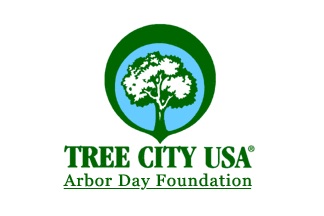 The Arbor Day Foundation’s Recertification
The Arbor Day Foundation’s Recertification 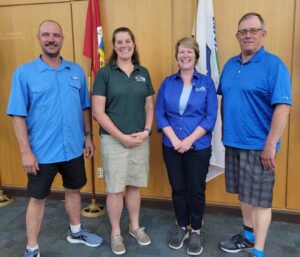
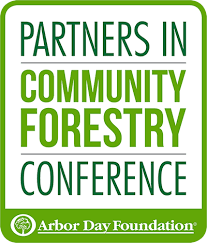
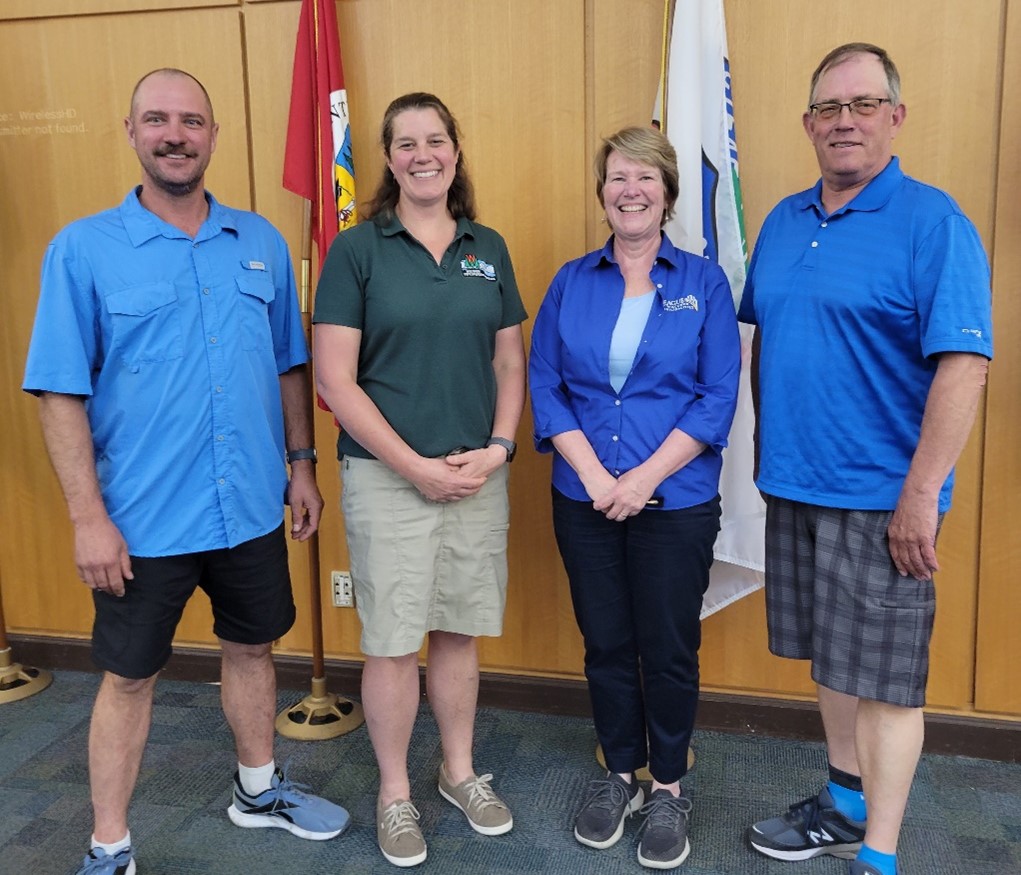
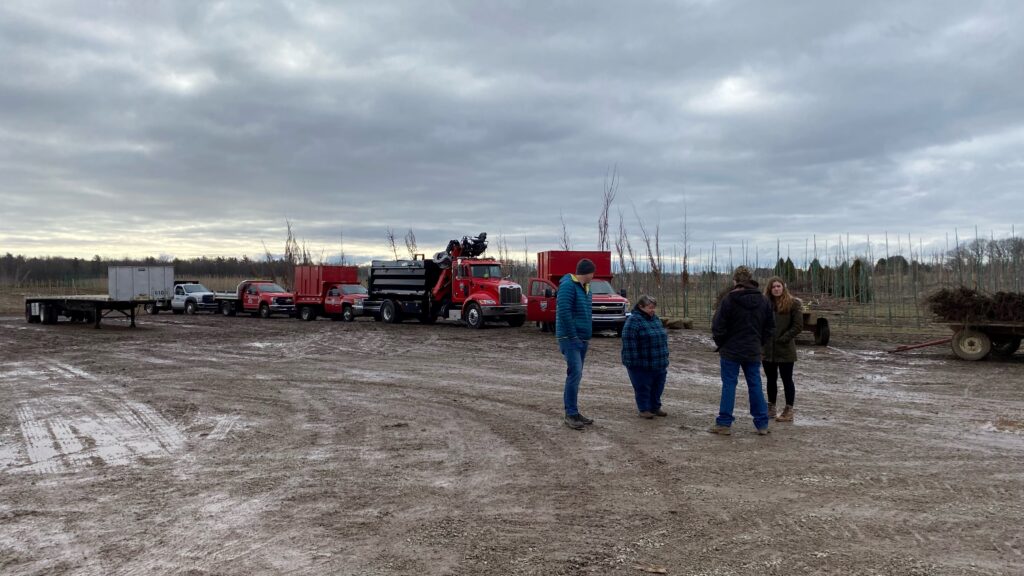 Go trees, go! That could have been the chant coming from Lambeau Field last month as First Downs for Trees celebrated its 12th season by distributing more than 400 trees to Brown County communities.
Go trees, go! That could have been the chant coming from Lambeau Field last month as First Downs for Trees celebrated its 12th season by distributing more than 400 trees to Brown County communities.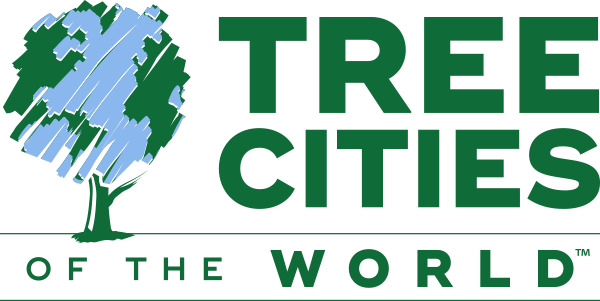 The City of Sheboygan has done it again. Not only do they hold the honor of being Wisconsin’s first Tree City USA back in 1976, but they are now also Wisconsin’s first community earning Tree Cities of the WORLD status! They are one of only 120 cities currently recognized, sharing the stage with San Francisco, Washington D.C., Minneapolis, Buenos Aires, Toronto, Brussels and Milan, to name a few.
The City of Sheboygan has done it again. Not only do they hold the honor of being Wisconsin’s first Tree City USA back in 1976, but they are now also Wisconsin’s first community earning Tree Cities of the WORLD status! They are one of only 120 cities currently recognized, sharing the stage with San Francisco, Washington D.C., Minneapolis, Buenos Aires, Toronto, Brussels and Milan, to name a few.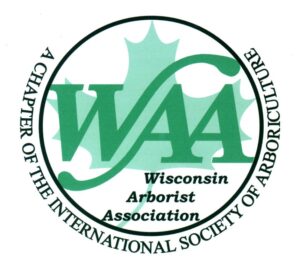 Join the Wisconsin Department of Natural Resources (DNR) and the Wisconsin Arborist Association for the 2022 Wisconsin Annual Urban Forestry Conference. The conference will be held on Feb. 20 – 22 at the KI Convention Center in Green Bay with select sessions available for attendance virtually.
Join the Wisconsin Department of Natural Resources (DNR) and the Wisconsin Arborist Association for the 2022 Wisconsin Annual Urban Forestry Conference. The conference will be held on Feb. 20 – 22 at the KI Convention Center in Green Bay with select sessions available for attendance virtually. Join the Wisconsin Department of Natural Resources (DNR) and the Wisconsin Arborist Association for the 2022 Wisconsin Annual Urban Forestry Conference. The conference will be held on Feb. 20 – 22 at the KI Convention Center in Green Bay with select sessions available for attendance virtually.
Join the Wisconsin Department of Natural Resources (DNR) and the Wisconsin Arborist Association for the 2022 Wisconsin Annual Urban Forestry Conference. The conference will be held on Feb. 20 – 22 at the KI Convention Center in Green Bay with select sessions available for attendance virtually.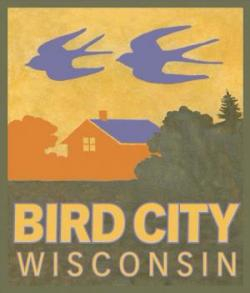 Act fast to keep your Tree City, Bird City and Bee City status! Due dates are as follows:
Act fast to keep your Tree City, Bird City and Bee City status! Due dates are as follows: